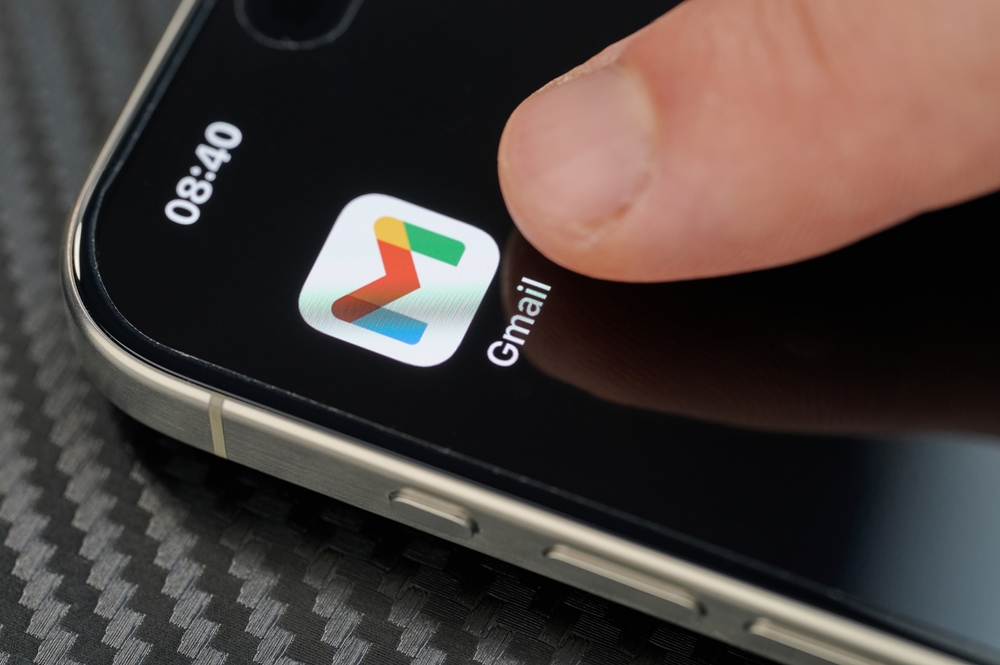To help protect yourself, cybersecurity researchers have laid out six crucial rules every Gmail user should follow right now.
Others are reading now
To help protect yourself, cybersecurity researchers have laid out six crucial rules every Gmail user should follow right now.
New Cyber Threat Uncovered
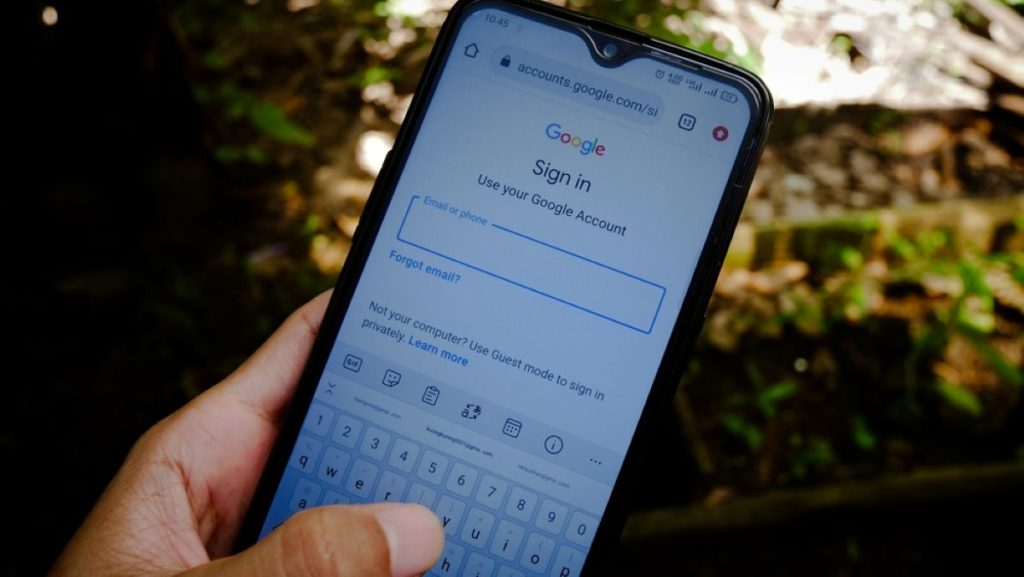
Gmail users are being warned to stay vigilant after security experts uncovered a new cyber threat targeting Google accounts.
Russian hackers have reportedly found a way around Google’s two-factor authentication, putting even the most cautious users at risk.
The attacks have already hit high-profile figure and experts say everyday users could be next.
Also read
1. Only Use App Passwords If You Absolutely Have To
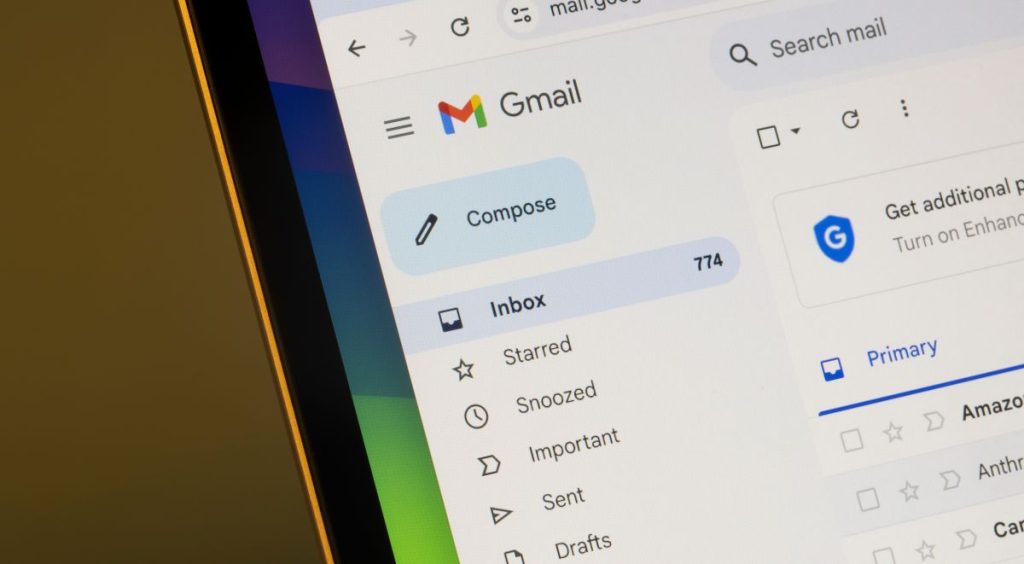
App passwords were designed to help older devices connect to Google securely, but they skip vital security steps.
If you’re still using them, now’s the time to switch to apps and devices that support stronger login methods. Unless it’s unavoidable, ditch them.
2. Not All MFA Is Created Equal — Use the Right Kind

Multi-factor authentication (MFA) is still essential, but experts say some methods are more secure than others.
SMS codes can be hijacked, but authenticator apps like Google Authenticator or physical security keys (like FIDO2) offer far better protection.
3. Stay Sharp — Learn How to Spot a Scam
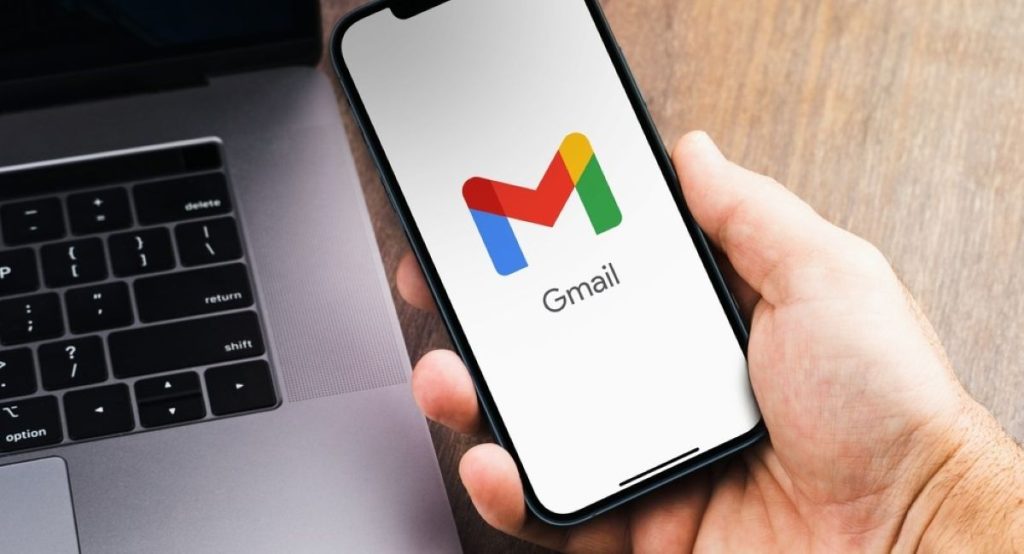
Hackers often use clever tricks to bypass security by fooling you instead.
That’s why it’s vital to learn how to recognise phishing attempts. If something feels off, even if it looks official, don’t click it, don’t reply, and definitely don’t hand over passwords.
4. Keep Your Devices and Apps Updated
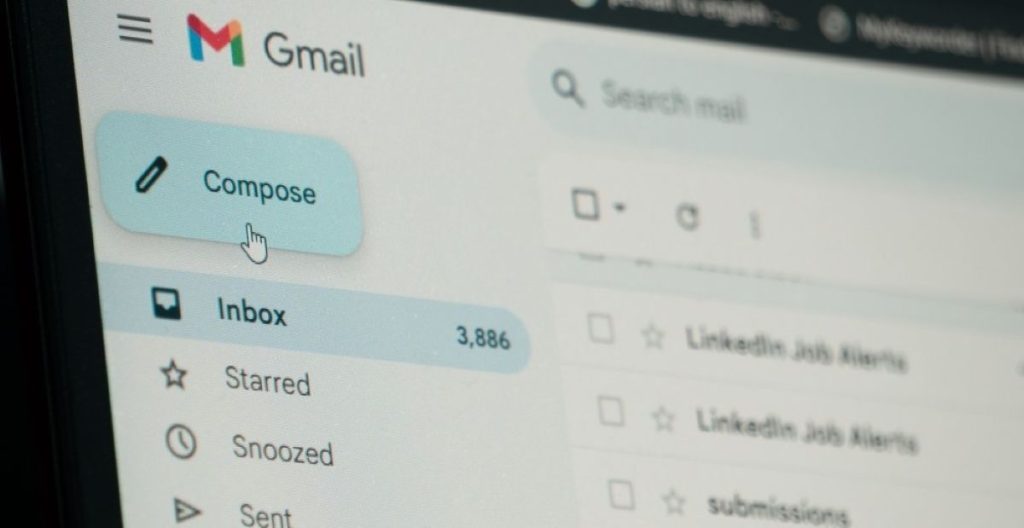
Old software = easy target. Hackers love exploiting outdated systems.
The best defence? Regular updates.
Enable automatic updates on your devices and apps to patch vulnerabilities without needing to lift a finger.
5. Monitor Your Logins Like a Hawk
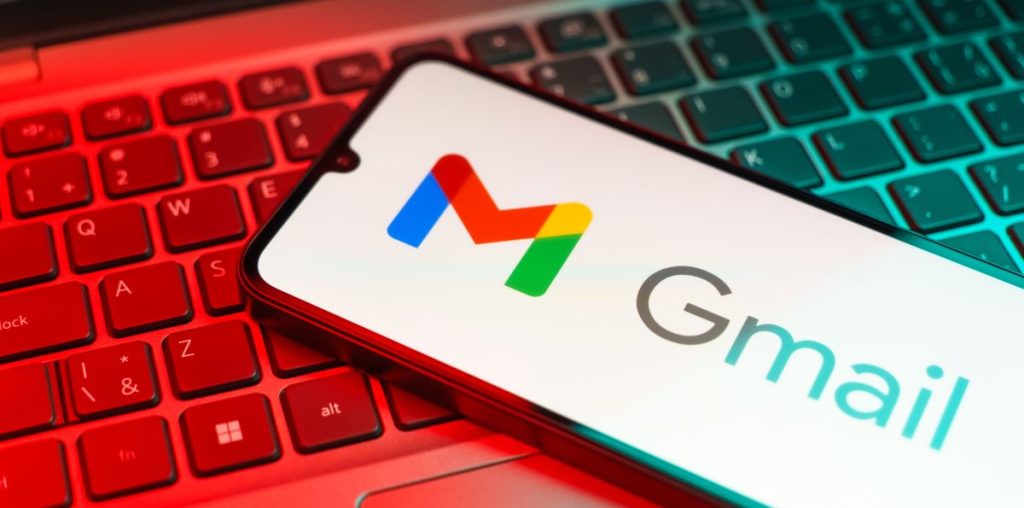
Keep an eye out for strange login activity. If your account is accessed from a location or device you don’t recognise, take action immediately.
Google lets you review recent sign-ins, use it regularly to stay ahead of potential breaches.
6. Use Reliable Security Software
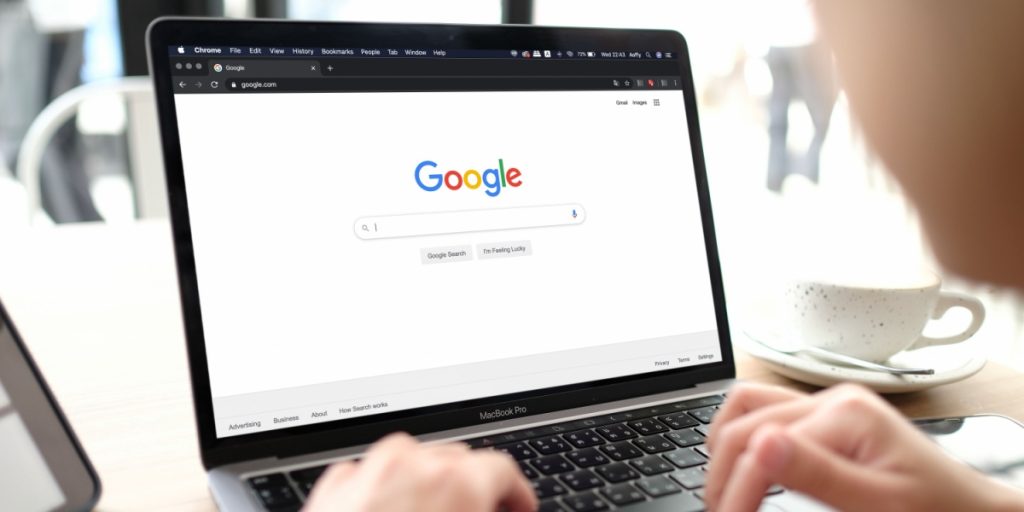
Protect yourself with software that goes beyond basic antivirus.
Look for security tools that can detect phishing scams, block dodgy websites, and flag suspicious activity in real time. A solid security suite could save your identity.

